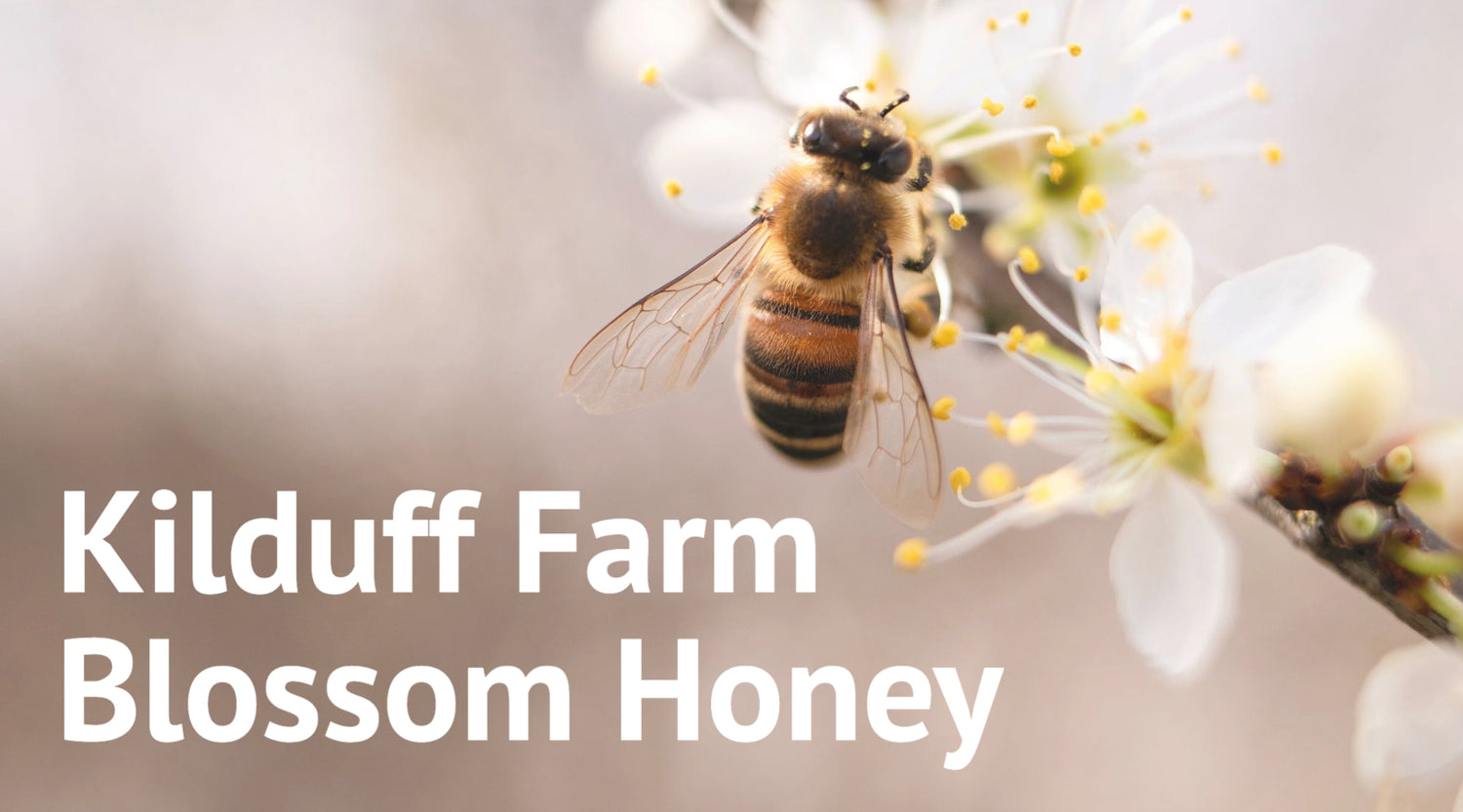Used throughout the ages, did you know that in 2021 the UK essential oils market was worth £808.4m!
With the rise of brands such as DoTerra and Young Living, this tiny plant-based oil equals big business. The surge in aromatherapy and wellness treatments along with the benefits many feel essential oils bring to the body and mind, are some reasons behind their huge popularity.
Whilst for some, they may be a purer way to look after yourself, there are those with conflicting opinions about them. Some larger companies for example keep prices down and demand up by supplementing natural oils with synthetic molecules.
In this blog we look at the facts about these wellness saviours to find out what are the good and the bad of essential oils, and explain how we make our scented beeswax candles without the need for essential oils.
What are essential oils?
An essential oil is a concentrated liquid extracted from a plant such as lavender, eucalyptus and peppermint. There are two ways that manufacturers extract them:
- Cold pressing – mechanically squeezing or pressing the plant
- Steam or water distillation – passing water or hot steam through the plant and pulling the essential compounds away from the plant matter
Those for the skin are then diluted in a carrier oil which makes them safe to apply. You should not eat them.

How do you use essential oils?
The popularity of essential oils can be explained by the variety of ways in which you can use them:
- Bathing: simply add a few drops to a bath to relax.
- Massage: in this application essential oils are absorbed into your bloodstream. It is important to use the recommended number of drops and add them to your carrier oil before use.
- Steam inhalation: add a few drops to nearly boiling water then drape a towel over your head and lean over breathing deeply and slowly.
- Candles and diffusers: products such as these with essential oils will add a fragrance to your home.
What are the benefits to you of using essential oils?
Ever suffer from anxiety, headaches or insomnia? These are some of the reasons you might breathe in or massage on essential oil.
Simple to use and with around 90 different essential oils each with its own fragrance and potential health claim, you will find it easy to discover one that offers to soothe, calm or relax.
Despite their popularity though, little scientific research or human study exists into the actual benefits they bring.
Are essential oils harmful?
Whilst the words ‘natural’ and ‘plant derived’ may make you feel safe about using an essential oil, as with anything you put on your skin or inhale, do use with caution.
The first thing to consider before using essential oils is their high concentration and possible allergies. This would result in obvious symptoms such as sneezing, itchy eyes or a runny nose. If applied to your skin you may notice redness, a rash or some swelling. Stop using the product if you spot a bad reaction.
Our products with 100% natural scent such as the ones we use in our scented beeswax candles are a safe alternative to both an essential oil and a fragrance oil. Thanks to biotechnology we are able to create a replicate of a scent say lavender by growing it on a yeast.
Growing a fragrance in this way is better in terms of sustainability as we are not extracting oils from hundreds of plants. From a natural point of view, no harmful chemicals need to be used. We spent two years perfecting our scents for our candle range so they are safe, environmentally and socially responsible and are ethically sourced.
Which essential oils are safe?
There has been little study into essential oils so there is no definitive list of which are safe and which are harmful.
Most are considered safe with proper use if you follow the dosage and application instructions. Don’t overdo it!
According to the Aromatherapy Council when an aromatherapist uses essential oils, most belong to a professional association and are properly trained in the blending and application of oils.
What can you use instead of essential oils?
Fragrance oils are a common substitute for essential oils. You will find synthetic fragrance oils in everyday items such as cleaning products; detergent; washing powder and more.
Made from man-made ingredients they are occasionally combined with small amounts of essential oils. As they are artificial they last longer than essential oils but their chemical compounds can lead to irritation and skin dryness.
As mentioned, our scented beeswax candles use 100% natural scent which are a safe alternative to both an essential oil and a fragrance oil. Using the biotechnology we are able to create a replicate of a scent say lavender by growing it on a yeast to create scents that are 100% natural, 100% from white biotechnology and 100% renewable.
Growing a fragrance in this way is better in terms of sustainability as we are not extracting oils from hundreds of plants. From a natural point of view no harmful chemicals need to be used.

Whilst the popularity of essential oils is undeniable, as with any product you use for your body and mind, it is worth doing your research. Our belief is that it is only with 100% natural oils that you truly know what you are getting.









2 comments
Grateful for the balanced perspective presented in this article, highlighting the benefits and drawbacks of essential oils. It helps readers make informed choices. Thank you.
Thank you for providing the information about the essential oil, like what is essential oil, its benefits, types ,which one is to be selected .It is useful.The team at Tastani Foods is solely focused on bringing oils which is real and from nature available to everyone. We have taken up this rather ambitious project of moving every Indian household from the highly processed & packed foods to the real food from nature which our ancestors consumed for thousands of years.